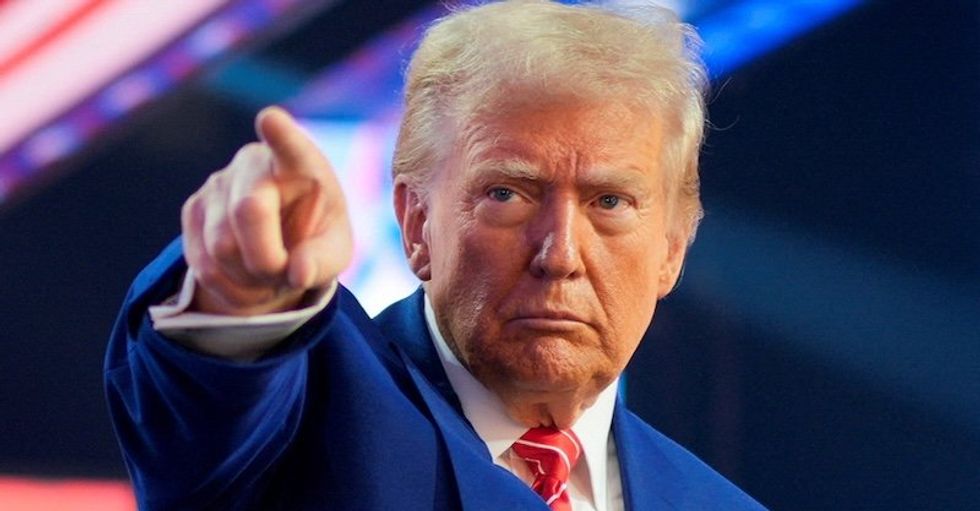On March 9, 2024, former President Donald Trump publicly criticized his past ally, Chris Christie, for recommending Christopher Wray, whom Trump appointed as FBI Director. This statement came amid Trump’s ongoing contention regarding the events of January 6, 2021, which he refers to as a “hoax.”
In a post on his social media platform, Truth Social, Trump claimed that the FBI had improperly deployed agents during the January 6th events. He alleged that 274 FBI agents were present in the crowd prior to and during the incident, stating, “It was just revealed that the FBI had secretly placed, against all Rules, Regulations, Protocols, and Standards, 274 FBI Agents into the Crowd just prior to, and during, the January 6th Hoax.”
In a subsequent post, Trump shifted focus to Wray, emphasizing Christie’s role in Wray’s nomination. He stated, “For those who are interested, and there aren’t many of you, Christopher Wray was recommended to me by Sloppy Chris Christie when Chris was in my ‘good graces’ — which was a very long time ago!”
This sentiment reflects Trump’s ongoing struggle to align his past decisions with the current political landscape. Wray has been a controversial figure within the Republican Party, often finding himself at the center of debates regarding the FBI’s actions during the January 6 events.
Trump’s remarks highlight the complexities of political alliances and the repercussions of past decisions. As he continues to engage with his supporters on social media, the fallout from his comments may further influence his relationship with the Republican Party and its leadership.
The former president’s assertions about the FBI and the January 6 incident resonate with a faction of the party that remains skeptical of federal law enforcement. Trump’s framing of Wray’s nomination as a mistake, compounded by Christie’s recommendation, underscores the shifting dynamics within the party as it grapples with its past and future direction.
As the political landscape continues to evolve, Trump’s comments serve as a reminder of the challenges faced by leaders attempting to reconcile their histories with current realities. How this controversy unfolds may have significant implications for the Republican Party, particularly as it prepares for upcoming electoral contests.
